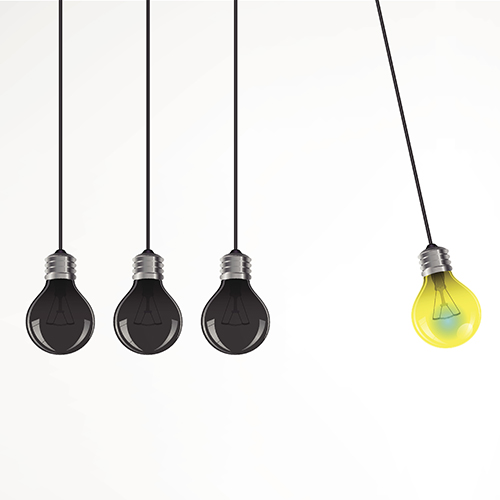Fostering Constructive Dissent to Improve Our Courts
 In a recent NCSC article, Innovative Courts Encourage Dissent, Judge Kevin Burke of Hennepin County, Minnesota, discussed the benefits of fostering the right forms of dissent in the courthouse. Judge Burke, a member of the IAALS Board of Advisors, acknowledged that “embracing dissent in a courthouse is not easy,” as people are naturally unwelcoming to opposing views; courthouses can be naturally adversarial—between the tough issues making up cases and the varied personalities that make up the court. Learning to deal with opposing views in a way that is constructive and influential requires patience, understanding, and wise leadership.
In a recent NCSC article, Innovative Courts Encourage Dissent, Judge Kevin Burke of Hennepin County, Minnesota, discussed the benefits of fostering the right forms of dissent in the courthouse. Judge Burke, a member of the IAALS Board of Advisors, acknowledged that “embracing dissent in a courthouse is not easy,” as people are naturally unwelcoming to opposing views; courthouses can be naturally adversarial—between the tough issues making up cases and the varied personalities that make up the court. Learning to deal with opposing views in a way that is constructive and influential requires patience, understanding, and wise leadership.
Judge Burke describes three types of dissent:
- Displaced Dissent, which takes place outside of the courthouse with those unaffiliated with the courthouse. While low risk, this type of dissent also achieves very little.
- Latent Dissent, which occurs when somebody thinks a “judge or supervisor is unreceptive to their concerns.” However, this dissent is not communicated to the judge, but to ineffectual peers.
- Articulated Dissent, which is the only useful form of dissent. It is directed to a supervisor or judge, is respectful, and can effect real change.
While factors such as court size and composition can naturally influence the dissent atmosphere, it is up to leaders—like judges—to create a culture that values dissent. Some organizations have had success in incentivizing dissent, but how can the courts? By encouraging “honest, respectful, freewheeling discussion,” a courthouse can foster productive conversation and eliminate fears of “sticking out” when the majority holds a different opinion. Court leaders should communicate a vision and set a tone for dialog around it.
Burke concludes, “Not every dissenting voice merits a change, of course, but being willing to reflect and perhaps even change after hearing the voices is important.”
Hunter Metcalf is a third-year law student at the University of Colorado Law School and contributes to IAALS Online. Please direct inquiries about this post to iaals@du.edu.


